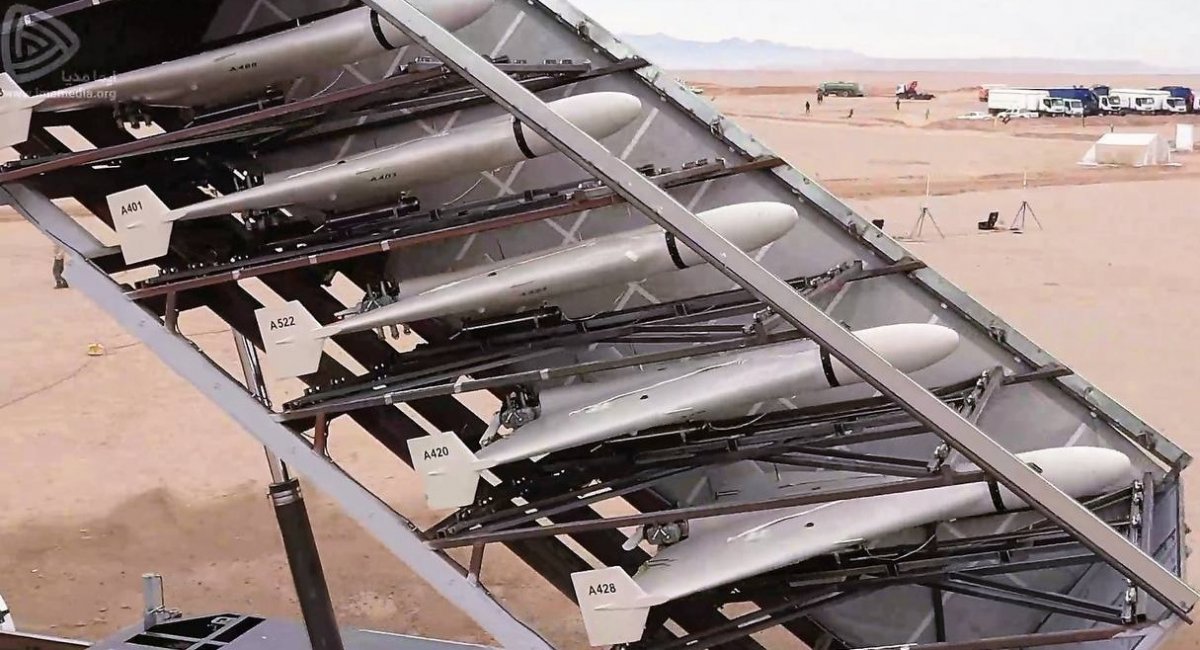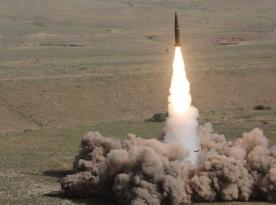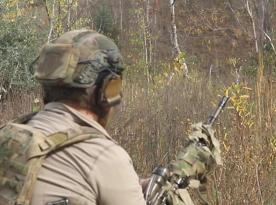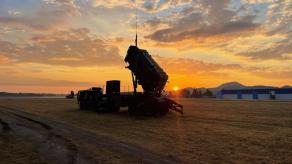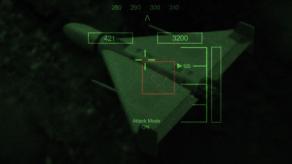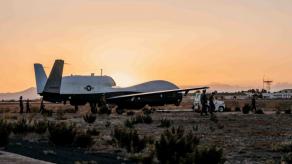The enemy struck an administrative building situated in downtown Odesa three times. Rescue and firefighting operations were underway. One enemy drone was shot down by the Ukrainian anti-aircraft defense units. No casualties were reported.
The spokesman of the Odesa military administration, Serhii Bratchuk, showed the wreckage of the Geran-2 drone, which the Russians used to attack Odesa in the morning.
Read more: Iranian Shahed-136 Have a Feature that Makes Usage of Radar-Reliant Air Defense Against Them Problematic
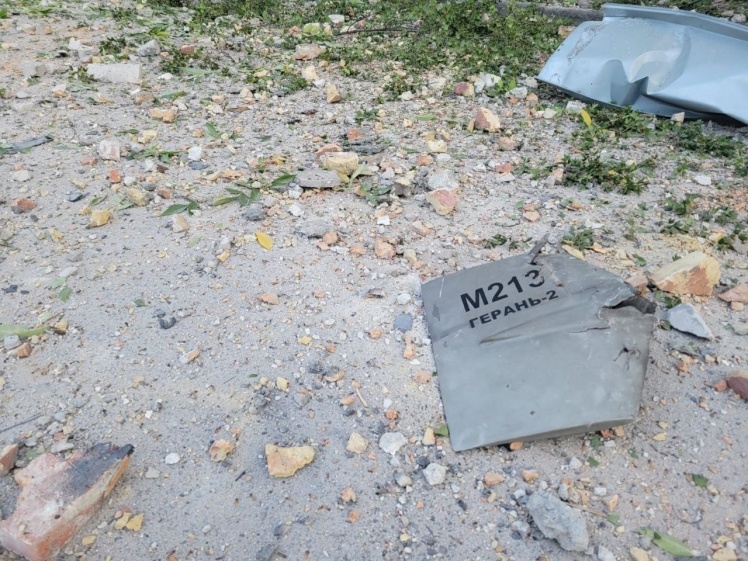
Note that this is the renamed Iranian kamikaze drone Shahed-136.
At the same time Odesa Mayor Hennadii Trukhanov on Facebook said that residential houses have been slightly damaged in Russia’s suicide drone attack on the city of Odesa.
Let’s recall the scale of the recent attack with Iranian drones, summed up in the morning report of September 24 by the Operational Command "South''. Ukrainian military said two waves of loitering munitions Shahed (both types) were launched against the major cities of Odesa and Dnipro, and then one more drone was used in Mykolaiv region and another one was trying to reach a port in the Odesa region.
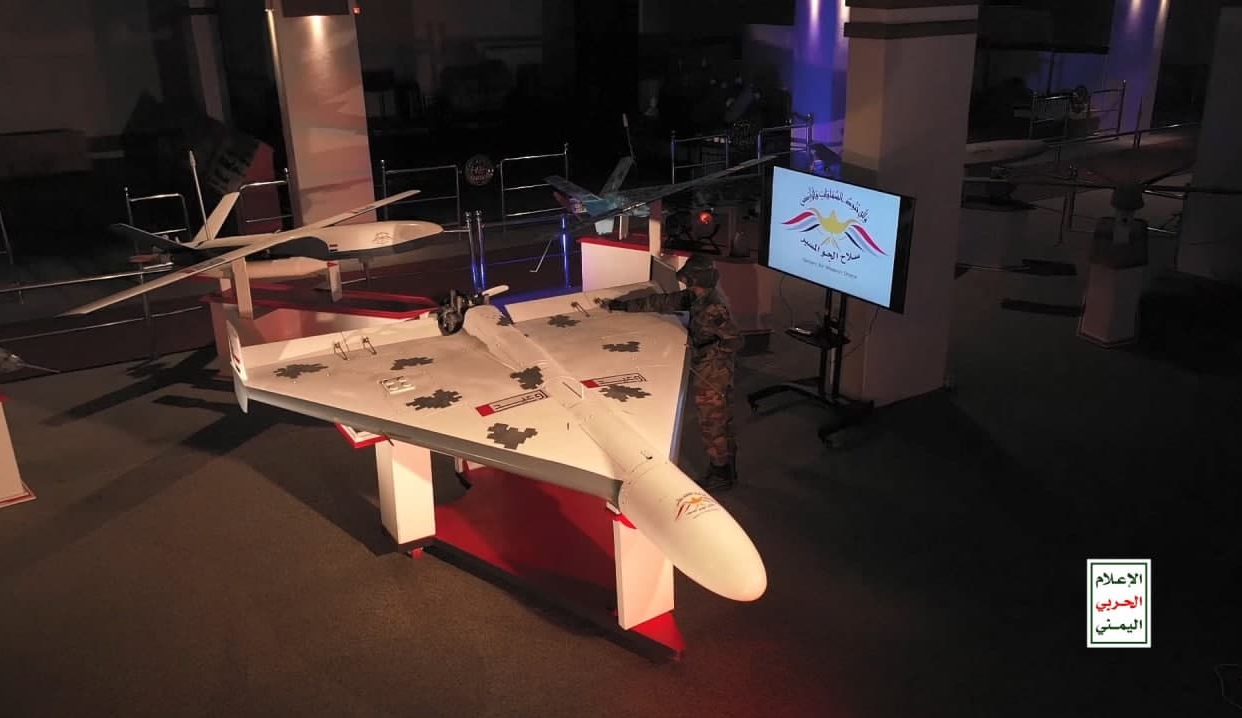
Shahed 136 is an Iranian loitering munition swarm drone developed by Iran Aircraft Manufacturing Industries (HESA). At its core, it is designed to neutralize ground targets from a distance. The drone is fired in multiples from a ready launch rack (in batches of five upwards) and is designed to evade air defenses and overwhelm ground targets, consuming systems during the attack. The drone was revealed in December 2021 through published footage. To date (2022), the system is believed to have been actively deployed to Houthi-controlled areas in Yemen at one point.
Read more: How to Counter Iranian Shahed-136 and Shahed-131 Kamikaze Drones, Used by russia to Strike Ukrainian Cities




